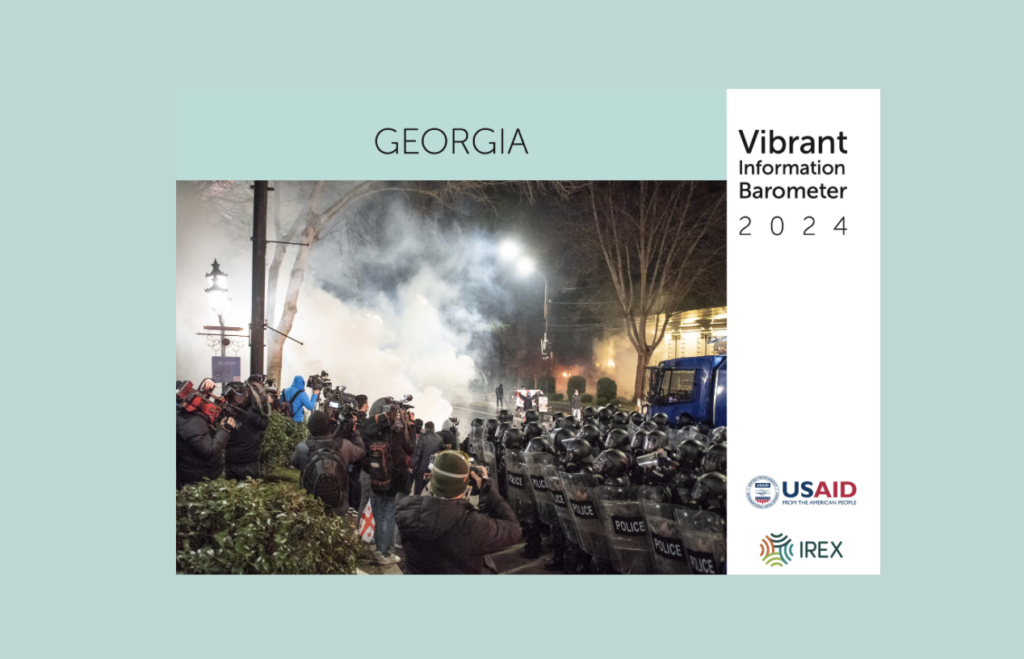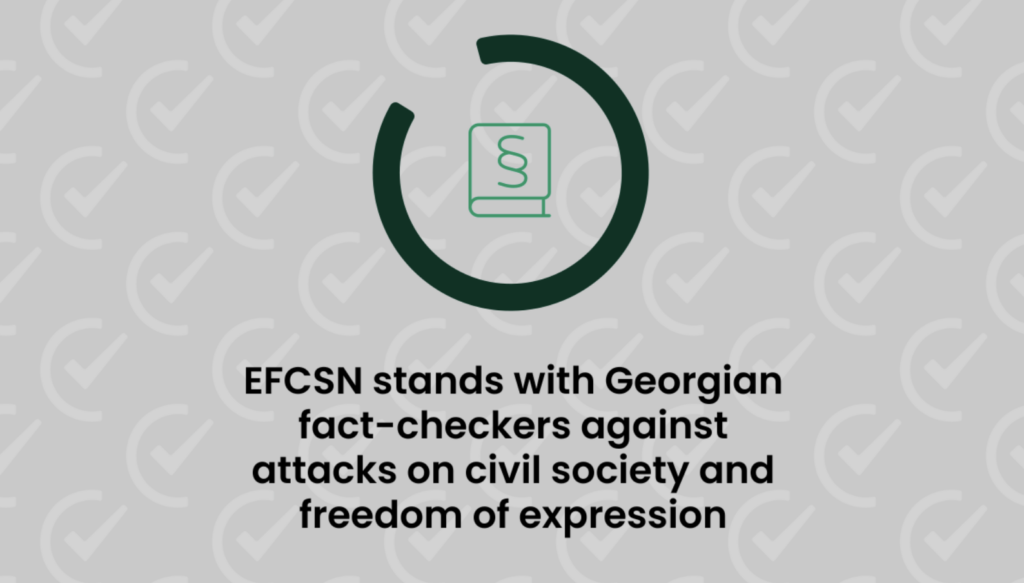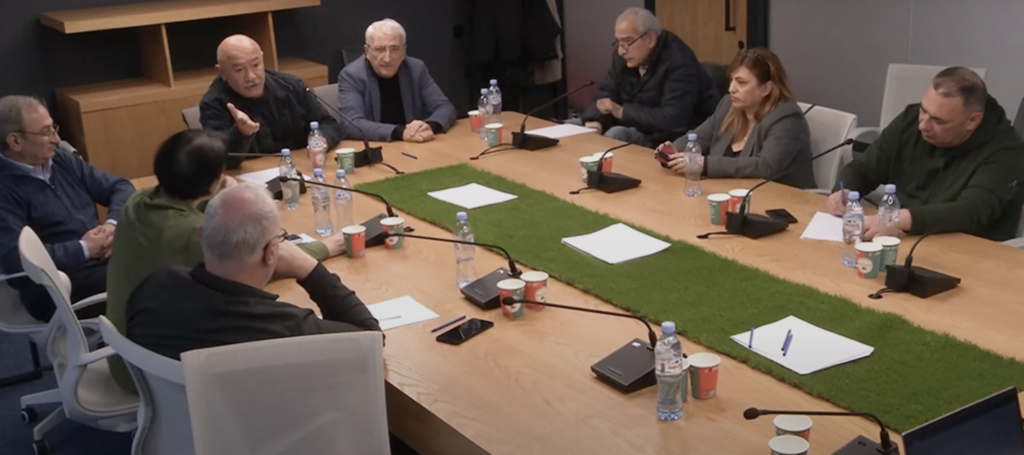IREX annually publishes the Vibrant Information Barometer, which assesses the information environment using various indicators.
According to the 2023 assessment, Georgia’s information vibrancy score is rated at 13 points on a 40-point scale. This score falls within the range of 11-20, which IREX defines as “Slightly Vibrant.” This classification means that quality information is available on a few topics or geographies in the country, but not all. While some information is editorially independent, there is still a significant amount of misinformation, malinformation, and hate speech in circulation, and it does influence public discourse. Most people do not recognize or reject misinformation.
The media landscape in Georgia in 2023 was dominated by significant events, including the country’s new EU candidate status, the government’s attempt to pass a “foreign agents” law, and the constant flow of manipulative information from pro-government sources. Despite these challenges, there were some positive developments, such as President Salome Zourabichvili pardoning Nika Gvaramia, the former director of an opposition TV channel, and the government’s failure to pass the controversial “foreign agents” law due to massive public protests.
However, the year also saw continued pressure on media freedom, with authorities detaining activists, using Strategic Lawsuits Against Public Participation (SLAPP) to intimidate journalists, and engaging in smear campaigns against independent media. The abolition of the Adjara Public Broadcaster’s advisory board by the Georgian parliament further threatened media independence ahead of the 2024 elections.
Despite these threats, Georgia’s information system remains “slightly vibrant” on the VIBE scale, maintaining a score of 13. The lowest scores were in areas such as the quality of information, presence of misinformation and hate speech, and resources for content production. Media literacy levels remain low due to a lack of state efforts in this direction, which aligns with the IREX description that most people do not recognize or reject misinformation.
To improve its EU candidacy status, Georgia needs to take several steps to enhance democracy, including combating manipulative information and addressing political polarization. While the government’s use of quality information for policymaking received low scores, civil society’s use of quality information was rated highest, indicating a disparity between state and non-state actors in the information landscape.
Read the full report.


